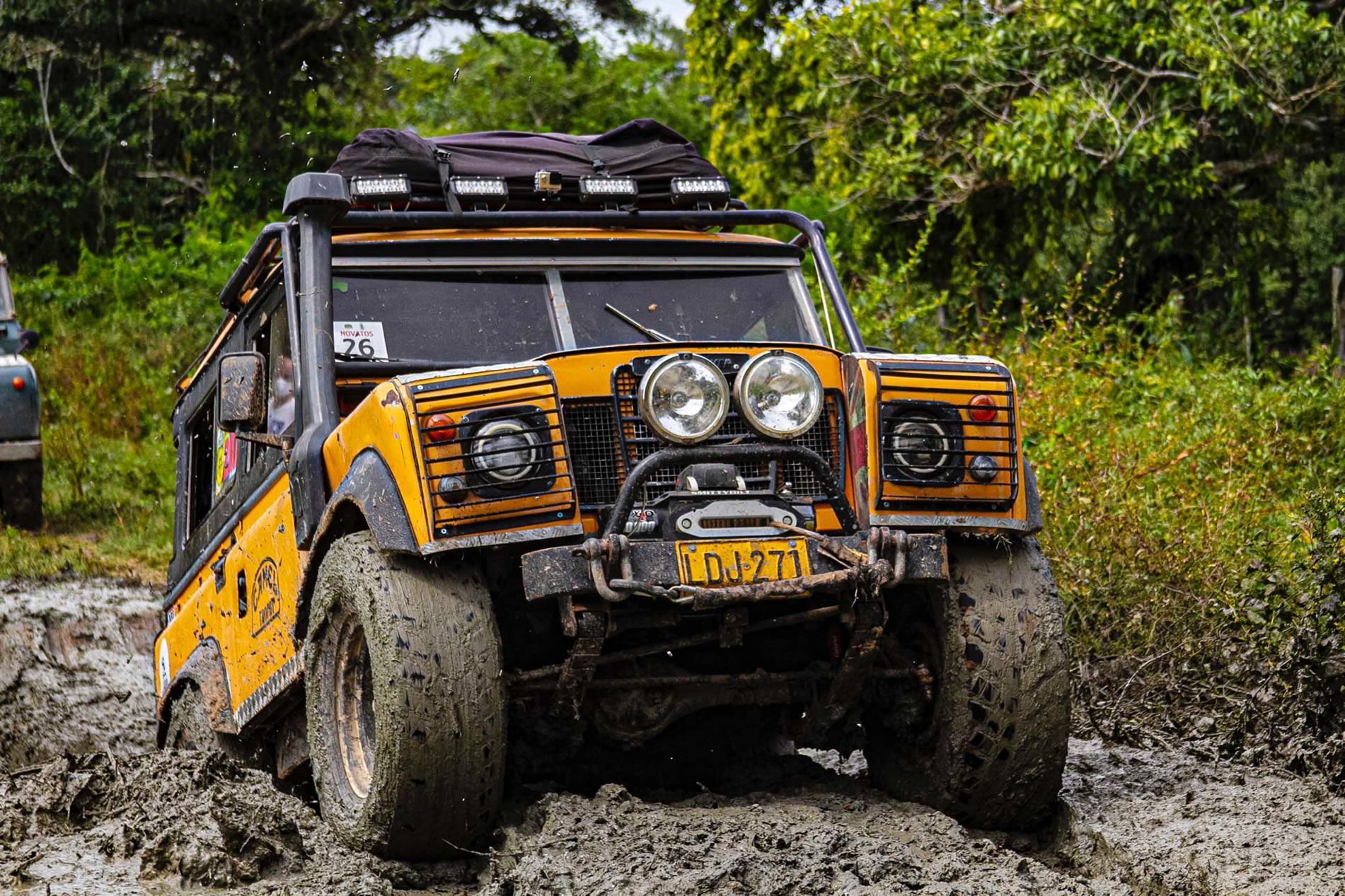
Mastering Off-Roading: Expert Advice for Land Rover Enthusiasts
Off-roading with Land Rovers can be an exhilarating and adventurous experience, but it’s essential to approach it with the right knowledge and precautions to ensure safety and vehicle longevity. Here’s some expert advice for off-roading with Land Rovers:
- Know Your Vehicle: Before hitting the trails, familiarize yourself with your Land Rover’s capabilities and limitations. Different Land Rover models have varying off-road capabilities, so understanding your vehicle’s features, such as traction control systems and terrain response modes, is crucial.
- Maintain Your Vehicle: Regular maintenance is vital for off-roading. Ensure that your Land Rover is in excellent condition, with well-maintained brakes, tyres, suspension, and drivetrain components. Regular oil changes and fluid checks are also essential.
- Choose the Right Terrain: Start with trails and terrain that match your skill level and your Land Rover’s capabilities. Gradually progress to more challenging off-road environments as you gain experience.
- Proper Tyre Pressure: Adjust your tire pressure according to the terrain. Lowering tyre pressure can improve traction on soft surfaces like sand or mud while maintaining the recommended pressure is essential for rocky terrain.
- Four-Wheel Drive: Engage four-wheel drive when needed, but use it judiciously. It provides better traction but can strain the drivetrain if used excessively on hard surfaces.
- Approach and Departure Angles: Learn how to approach and depart from obstacles at the correct angles to minimize the risk of getting stuck or damaging the vehicle’s undercarriage.
- Tread Lightly: Respect the environment and follow the principles of “Tread Lightly” by staying on designated trails, avoiding sensitive ecosystems, and packing out all your trash.
- Travel with a Group: It’s safer to go off-roading with at least one other vehicle. If you get stuck or face difficulties, having assistance on hand can make a significant difference.
- Recovery Gear: Carry essential recovery gear, including a winch, recovery straps, shackles, a shovel, and a high-lift jack. Know how to use this equipment safely and effectively.
- Plan and Communicate: Inform someone of your off-roading plans, including your destination and estimated return time. In remote areas, consider carrying a satellite phone or communication device for emergencies.
- Practice Off-Road Driving Techniques: Learn and practice advanced off-road driving techniques, such as hill descent control, side-slope driving, and crossing water obstacles.
- Know When to Turn Back: If a trail becomes too challenging or unsafe, it’s better to turn back than risk vehicle damage or personal injury.
- Respect Private Property and Regulations: Be aware of land ownership and follow local off-roading regulations and trail closures.
- Recovery Training: Consider taking off-road recovery and driving courses to enhance your skills and knowledge.
- Emergency Preparedness: Carry a well-stocked emergency kit that includes first aid supplies, food, water, and clothing appropriate for the conditions.
Off-roading with a Land Rover can be a fantastic adventure, but safety and responsible driving should always be the top priorities. Continuous learning and practice are key to becoming a skilled and responsible off-roader.





